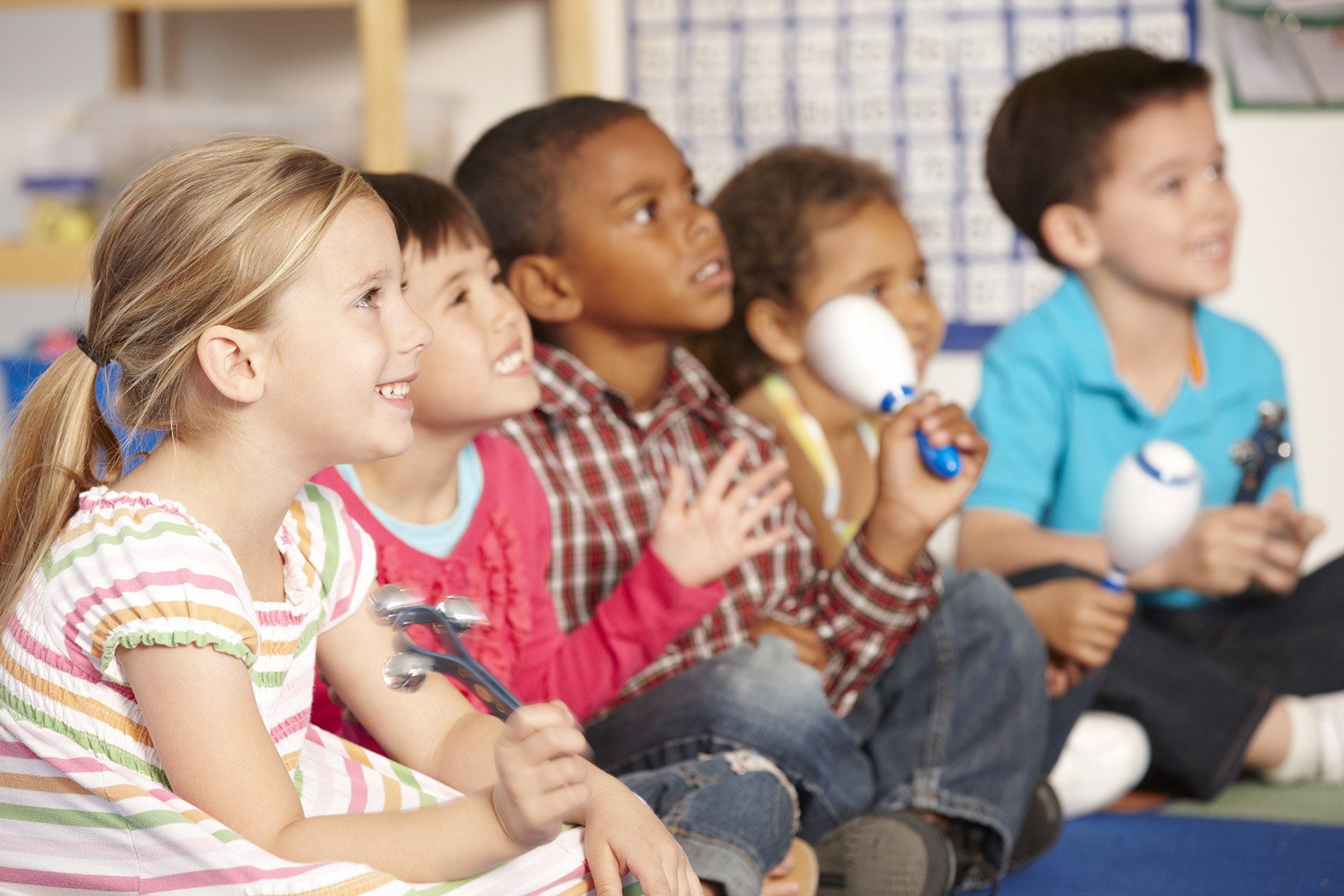RE
Our Curriculum
At St William’s Catholic Primary School, our curriculum stems from our Mission Statement:
‘By following Jesus’ example, standing side by side, we will nurture each other to fulfil our hopes and dreams’.
We are passionate about helping every child to fulfil their potential and become an all-round versatile citizen with the skills needed to succeed in life. We design our curriculum to ensure it is fully inclusive of every child and that it addresses each aspect of how a child develops, progresses and grows both academically and emotionally. We recognise that we live in a rapidly changing digital world and at St William’s we want to enable our children to not just learn WHAT to think, but HOW to think by developing intellectual learning behaviours. ‘Thinking’ is at the heart of our curriculum because our intent is to future proof our children so they become independent and resilient citizens.
-
Intent
At St. William’s Catholic Primary school our R.E. curriculum intends to:
• Meet the needs of all our children by embracing the three elements of education, evangelisation and catechesis
• Help children study the mystery of God, the life teachings of Jesus Christ and the central beliefs of Catholics through the Archdiocesan R.E. scheme ‘Come and See’
• Develop children’s understanding of the relationship between the teachings of Jesus and everyday life
• Prepare our children for the reception of and participation in the sacraments of Reconciliation, Confirmation and Eucharist
• Encourage pupils to develop skills and attitudes that allow them to make a full and informed response to Jesus’ call to follow him
• Promote the uniqueness and dignity of each member of our school community as being created in the image and likeness of God
• Develop an appreciation for the whole of God’s creation
• Nurture a strong home-school-parish partnership
-
Implementation
The delivery of R.E. is supported by the ‘Come and See’ programme for Religious Education; recommended by the Archdiocese of Liverpool. This programme is followed by children in Nursery up to Year 6.
10% of the weekly timetable is allocated to the teaching of R.E.
Overview
Come and See is developed through three themes based on the documents of the Second Vatican Council, which are gradually explored each year at greater depth. They are Church, Sacrament and Christian Living.
Process
The process for delivering the topics in ‘Come and See’ has three stages – Explore, Reveal and Respond which enable pupils to develop knowledge, understanding, skills and attitudes. SEARCH-EXPLORE
• Explore
This is the introduction to the topic where the children’s life experience is explored, the question(s) it raises are wondered at, shared, investigated and their significance reflected upon
(Teaching Time- 1 week).
• Reveal
This is the heart of the programme where knowledge and understanding of the Catholic faith is revealed through the Word, in Scripture, Tradition, doctrine, prayers, rites and Christian living
(Teaching Time- 2 weeks).
• Respond
This is where the learning is assimilated, celebrated and responded to in daily life
(Teaching Time- 1 week).
Topics
Each year group will complete a total of 9 topics and an additional 2 topics looking at other faiths. Judaism is covered in all year groups, plus Sikhism (Y5 & Y6), Hinduism (Y1 & Y2) and Islam (Y3 & Y4).
-
Impact
The impact and measure of implementation is to ensure children not only acquire the appropriate age-related knowledge linked to the curriculum, but also skills which equip them to progress from the start of their religious education journey in Nursery until the end of Key Stage 2.
The progression of children’s skills and knowledge is evident in the work they produce, displays and class Learning Journals.
We assess the impact of our R.E. curriculum through high quality, ongoing teacher assessment using the standard indicators, use of formal assessments set by the Archdiocese, moderation of formal assessments and regular monitoring and evaluation of the subject; most importantly listening to the voice and opinions of our children.
-
Key Documentation
-
Helping Your Child With RE
There are a number of ways you can support your child’s Religious Education at home; by helping to prepare your child for the Sacraments, using the ‘suggested activities’ outlined in the Termly Newsletter, attending Mass regularly, talking about church visits, saying prayers together as a family.
In addition to the above your child’s class teacher may ask for special photographs or memories to be brought in from home to support the current topic being taught in class. Allowing your child to talk with you about photographs/memories beforehand will prepare them to take part in class discussions confidently.
-
Useful Links







